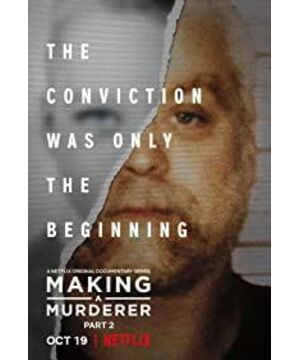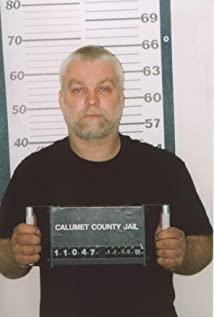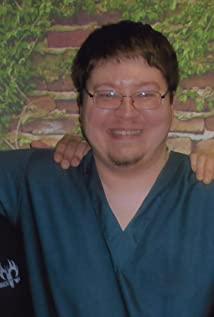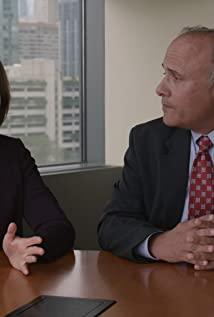I remembered the run of the night of sin I watched before. At that time, I couldn't stop chasing after one episode. I felt that this story was too curious. But in real life, there really is such a cruel fact, but I watch more and more bitter and helpless episode by episode. I agree with what Attorney Buting said, we can guarantee that we will not commit any crime in our life, but we cannot guarantee that we will not be accused of committing a crime by others. Does an innocent person have to have a flawless and spotless personality? People with imperfect personalities must not be innocent? The line between personality and crime is so clear that we cannot easily infer crime from personality. Is Steven an absolutely upright, kind, decent person? no. But is Steven innocent? No doubt yes. Putting aside the judicial system and procedural justice, the general public without professional legal literacy often easily jumps from a person's character to a crime of a completely different nature, which in my opinion is very dangerous and blind. Likewise, it is this prejudice that led the police and prosecutors to point their suspicions at Steven from the very beginning, and were only willing to believe the evidence that pointed the suspect to Steven, and under the guidance of this prejudice, they would not hesitate to forge and alter evidence to induce Another underage suspect fabricated a confession. From this case, you can see that even in the United States, where the law is so mature and the judicial system is so standardized, in the trial process of every (major) case, every decision still needs to rely on "people". It is also necessary to rely on "human cognition" to make final decisions or participate in decision-making. Even in the jury system, there are also jurors who do not insist on their own opinions and reasons. They may just want to get this done and let get out of here. The same judge also once Repeatedly rejecting motions for adjudication, state courts and the Supreme Court have also rejected appeals for rehearing again and again. In the end, the existence of human cognitive biases will never lead us to truly pursue the truth.
In addition, the documentary contains a lot of court trial videos, which allows a legal novice like me to understand the court trial process and the questioning skills of the defense as much as possible. I especially like the defenses of Steven's two lawyers, Dean and Jerry. It is very slow, and the questioning of witnesses is often guided by good manners, repeating the testimony of the witnesses to obtain the affirmation of the witnesses, and then taking out the previous questioning testimony for the witnesses to read out and slap their own face, haha, they can also find many other powerful witnesses, For example, school bus drivers, evidence chemical testing technicians, etc., obtain neutral opinions from completely uninterested third parties. They were equally subtly restrained when answering reporters' questions, trying to make the audience feel the pain of Steven being wronged.
Let's step back 10,000 steps and say that even though Steven has committed a crime, ten years have passed, and he is still fighting, complaining, emphasizing his innocence, and even learning about the law on his own, learning his own case without a lawyer Fighting for oneself, what kind of criminal can act so well? Just like what Barb said, last time Steven said he was innocent, he spent 18 years in prison, and in the end he was innocent, this time he also said he was innocent, he must be innocent.
Dean ended up saying, deep down, I even wish that Steven was guilty, so that I don't feel unbearable when I think about him being wronged and jailed for a crime he didn't even commit.
I hope Steven can finally lead us to the truth that has always existed, and that he still has a chance to get out of prison and live in that country house, grow vegetables and fish, and take care of his parents.
View more about Making a Murderer reviews











